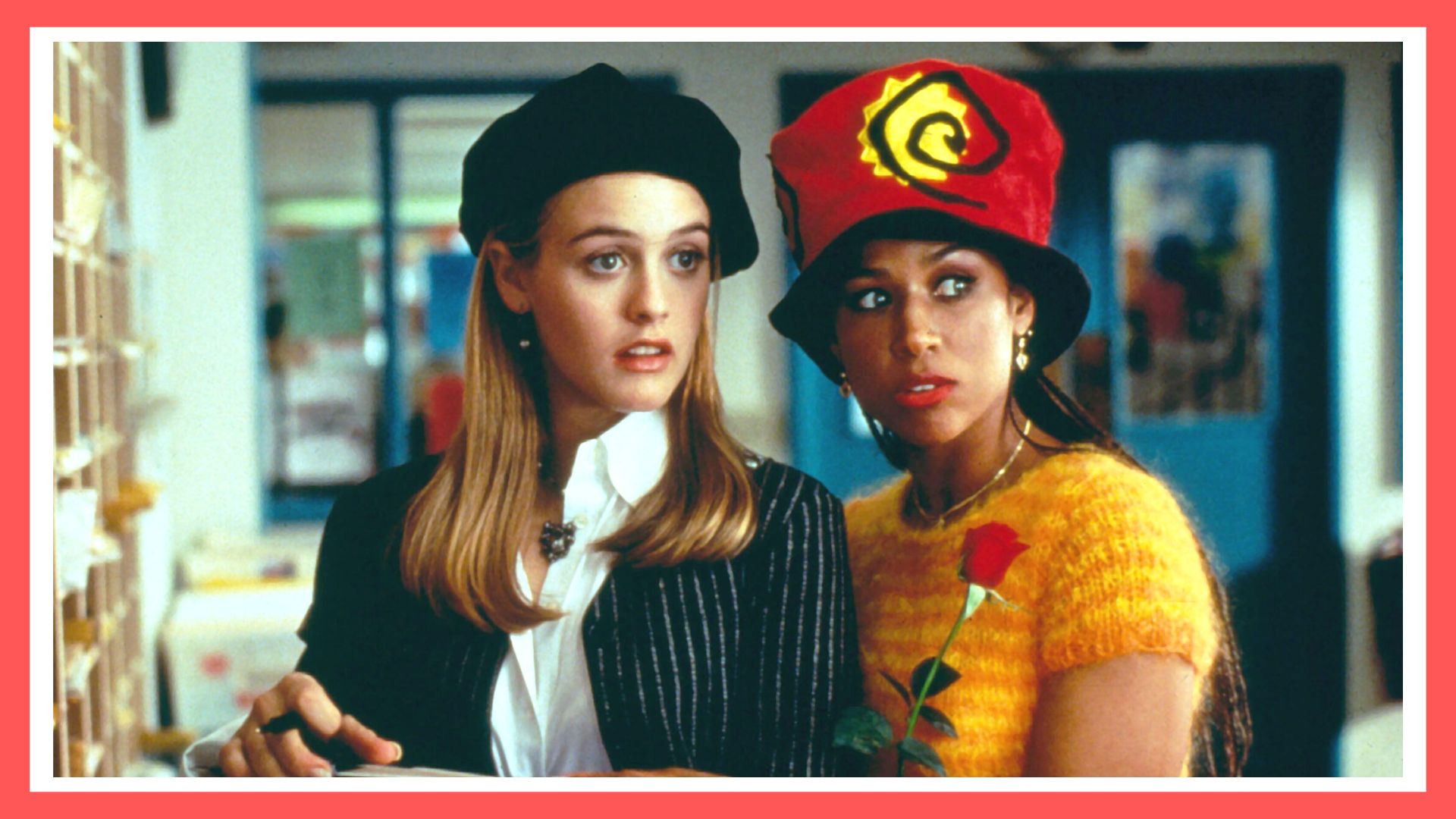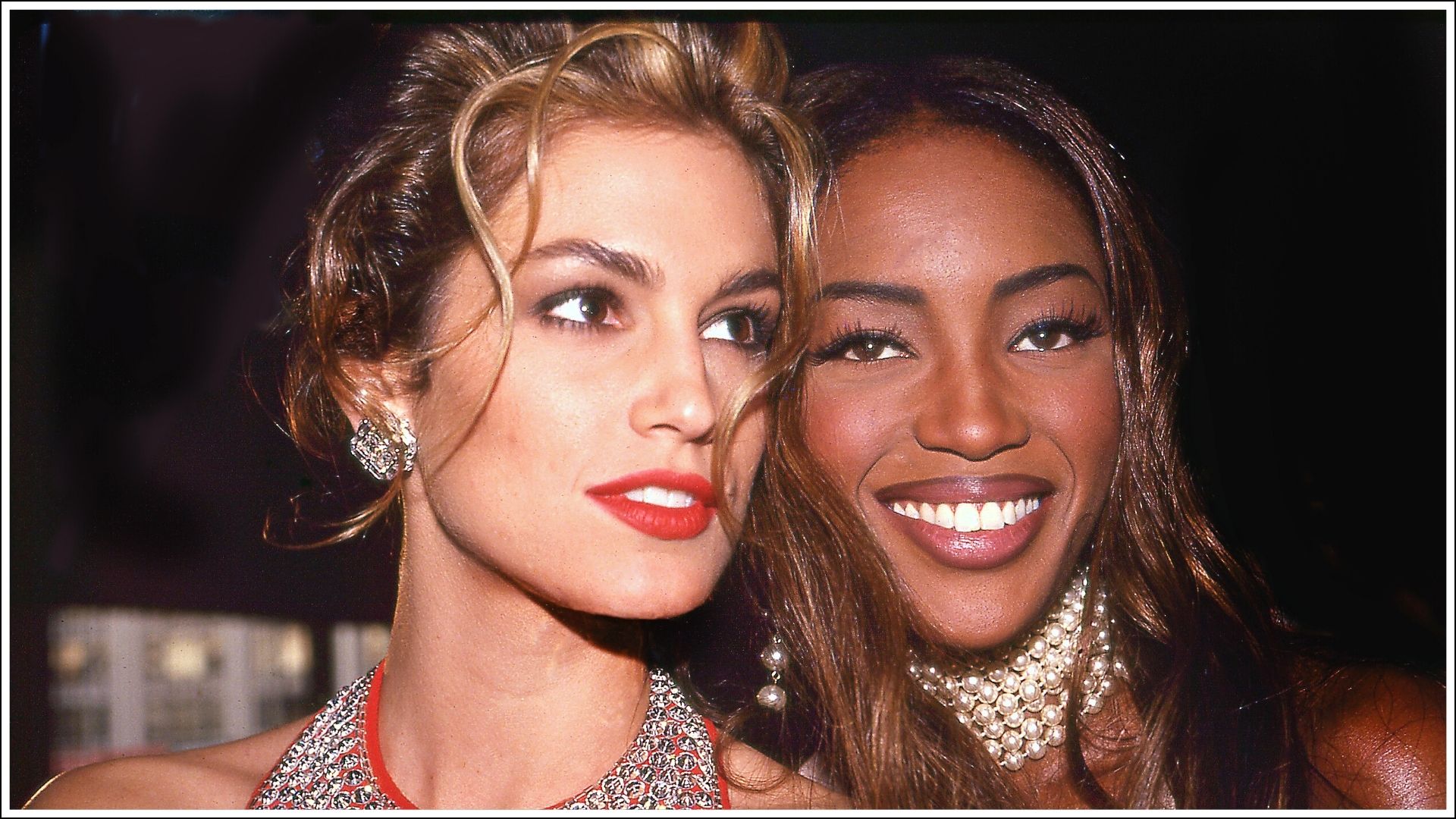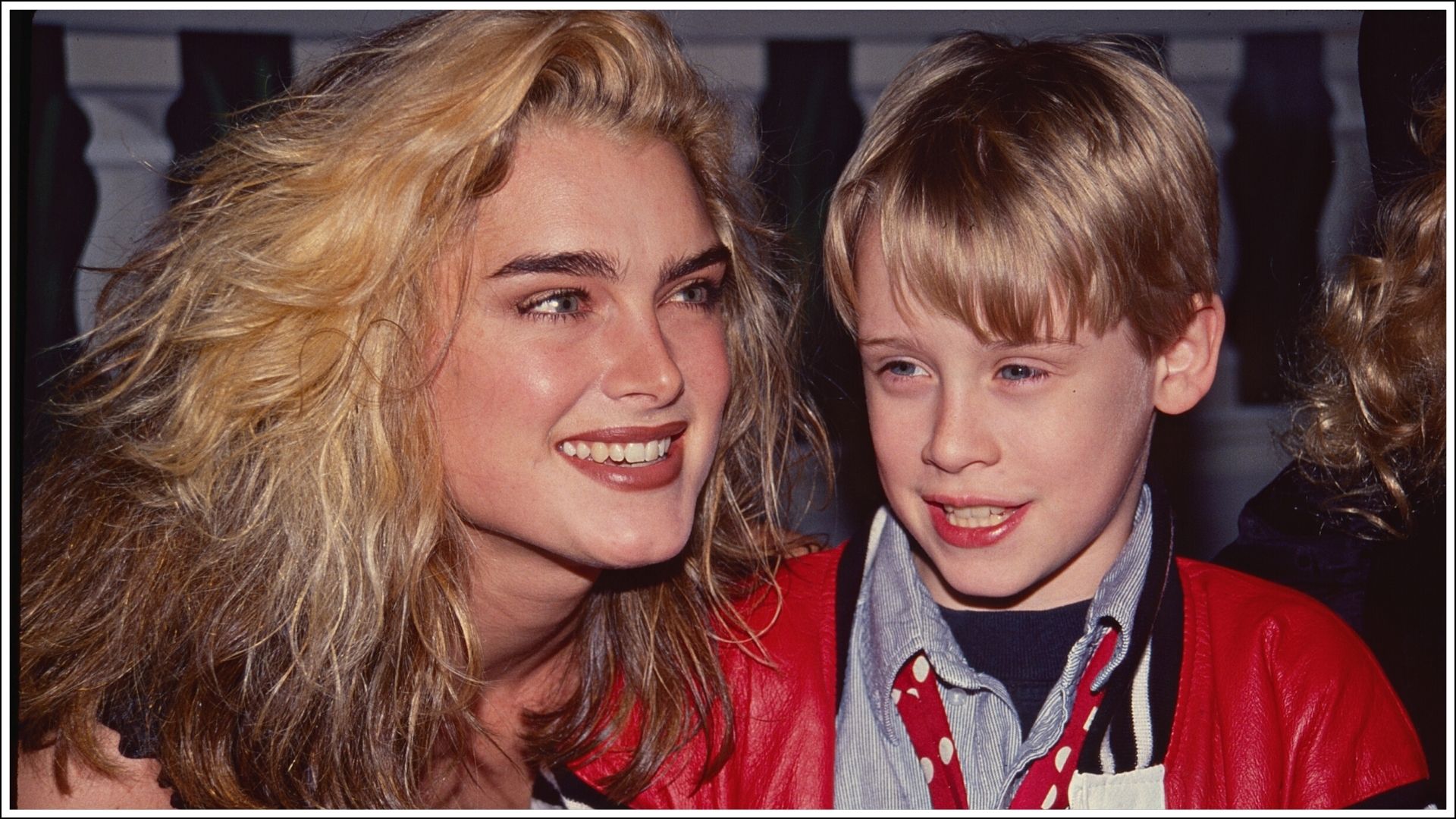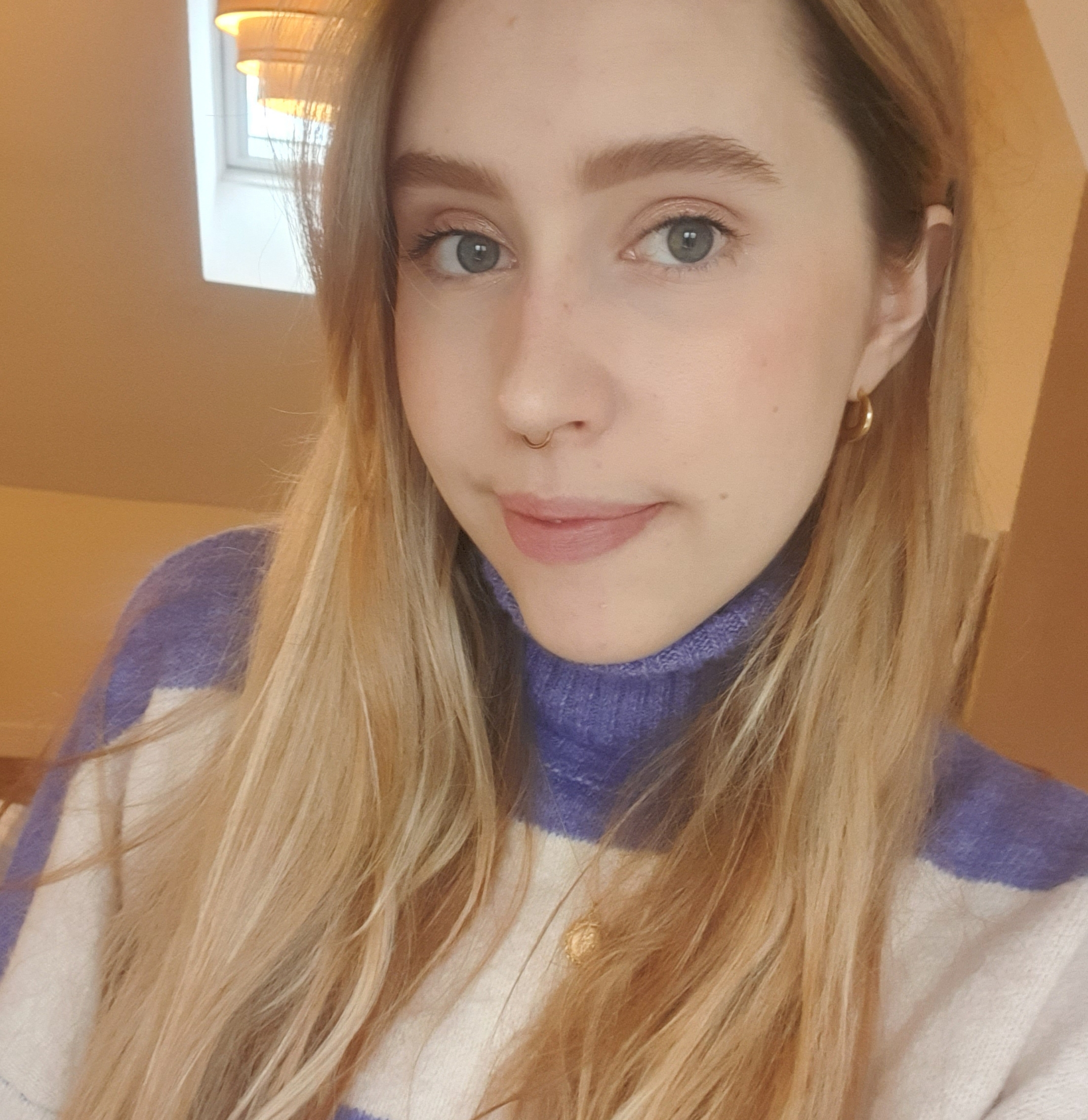Why do we feel nostalgia? The science behind our obsession with the past
We all experience it, but why do we feel nostalgia? There’s a reason why bucket hats and bell bottoms always make a comeback


Nostalgia is everywhere. Whether it's the Friends reruns we watch or the '90s fashion trends we love—even more so the second time around—there is a hint of nostalgic wistfulness in nearly everything we do.
Further enhanced by the pandemic, nostalgia has become omnipresent for many of us as we've been largely suspended in time—stuck, if you will—for the past few years, unable to make many new memories or new connections. So instead—naturally—we've been longing for a world pre-COVID where kisses with strangers didn't seem like such a gamble and the only list we were concerned with was the guestlist for the opening of the hottest new club in town.
If you're anything like us, you've found yourself dipping into 2000s nostalgia with repeats of Gossip Girl and The O.C. or marathons of '90s movies you loved when you were a child, there's actually a scientific reason why we all love nostalgia. Simply put, nostalgia makes us feel good.
Why do we feel nostalgia? What's the science behind it:
According to psychologist research, nostalgia or positive memories activate reward pathways in the brain, meaning they release chemicals that make us feel good. Because of this, we want to think about these memories again—to get that good, chemical feeling. There’s also no age limit on this—research from GlobalWebIndex found that the feeling of nostalgia affects all of us, old and young.
Accessing nostalgia has never been easier than it is today. Our phones are a treasure trove for nostalgic moments, from listening to old songs on Spotify to pinning a '90s outfit inspo pic on Pinterest.
Nostalgia is a weird one—because it doesn’t just apply to moments you’ve lived, you can feel nostalgic for decades well before you were born. For example, looking at a picture of '60s-era Woodstock or watching Britney Spears's "Oops! I Did It Again" music video will make you feel similar sorts of longing and comfort. It’s a form of escapism and distraction.
GlobalWebIndex researchers also found that nostalgia is deeply personal, writing: "Memories of childhood or teenage years was the top reason why consumers remember feeling nostalgic about something in the last year, although specific personal memories also score highly—especially for the oldest consumers. Millennials were most likely to say they’d felt nostalgia due to feeling connected to others."
Nostalgia in fashion

As humans, we love nothing more than a snapshot of the past. (Just look at our obsession with the Halston Netflix series.) But fashion never stays still. There’s a different look for every season but we see callbacks to different decades re-emerge all the time. The likes of slip dresses, flares, scrunchies, mullets and mom jeans always seem to come back around, and this is because they remind us of fun or iconic moments of the past.
These boomerang trends can also have more of a personal connection—for example, we always get a warm feeling when our parents say, "I used to wear trousers like that when I was your age."
In a weird way, it can make you feel closer to loved ones, especially when they’ve kept vintage items of clothing from their 20s, which are now back in fashion. (Thanks, mom!)
Nostalgia in Branding
So many brands pull on our nostalgic heartstrings. Most recently, Burger King returned to its retro logo. We also have drinks like Coca-Cola and Pepsi bringing back their O.G. glass bottles (which really do taste better—or is that the nostalgia talking?).
Brands know exactly what they’re doing because they know that we’re more likely to buy something if it reminds us of a happy time, hence why so many companies are reviving old adverts or logos all the time.
Researchers found that “feelings of nostalgia can make humans more optimistic, and even reduce the consumer’s rational tendency to conserve spending (which is great news for brands). Often, successful marketing is about the ability to sell a feeling—and nostalgia is the perfect opportunity to do just that."
Nostalgia in Media

Streaming platforms like Netflix and Disney+ also mean we can easily access all of our favorite old TV shows and films all the time, whenever we need them. But will they be around forever?
And there's no doubt that music can make you feel transported, and when you then add listening to it on a pre-loved platform like a vinyl or cassette player, that nostalgic feeling only doubles. The only clue you need to know that we’re all aboard the nostalgia trend is the fact that new music comes out on not just vinyl, but cassette tapes now, too.
It'll come as no surprise, then, that the sale of cassette tapes has doubled since 2020. And considering cars haven't had a built-in CD player—let alone a cassette player—in over 10 years, it's certainly an interesting trend for the landscape of media.
Perhaps this has something to do with the fact that recently people have shown concerns for the security of their playlists, music, and film archives. it's well known that these services change the content they host regularly—you just have to look at this year's Netflix canceled shows as proof.
So maybe the resurgence in owning physical assets when it comes to music, TV, and film is partly down to security, and if we can make sure that "future you" has constant access to those feel-good nostalgic moments, then that's a thought we can take comfort in.

Naomi is a Lifestyle News Writer with the Women's Lifestyle team, where she covers everything from entertainment to fashion and beauty, as well as TikTok trends for Woman&Home, after previously writing for My Imperfect Life and GoodTo. Interestingly though, Naomi actually has a background in design, having studied illustration at Plymouth University but lept into the media world in 2020, after always having a passion for writing and earned her Gold Standard diploma in Journalism with the NCTJ.
Before working for Future Publishing’s Lifestyle News team, she worked in the Ad production team. Here she wrote and designed adverts on all sorts of things, which then went into print magazines across all genres. Now, when she isn’t writing articles on celebs, fashion trends, or the newest shows on Netflix, you can find her drinking copious cups of coffee, drawing and probably online shopping.